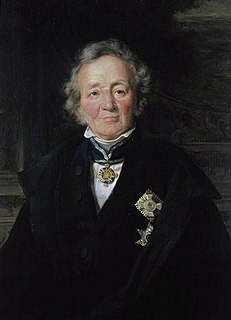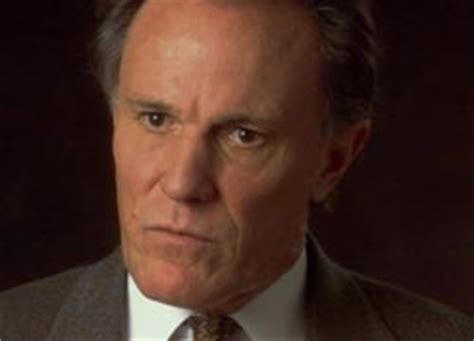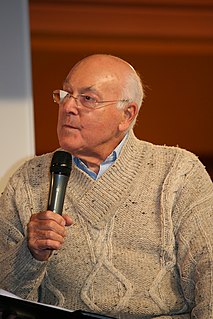A Quote by A. Whitney Brown
The past actually happened but history is only what someone wrote down.
Related Quotes
Not all that is presented to us as history has really happened; and what really happened did not actually happen the way it is presented to us; moreover, what really happened is only a small part of all that happened. Everything in history remains uncertain, the largest events as well as the smallest occurrence.
The past is a curious thing. It's with you all the time. I suppose an hour never passes without your thinking of things that happened ten or twenty years ago, and yet most of the time it's got no reality, it's just a set of facts that you've learned, like a lot of stuff in a history book. Then some chance sight or sound or smell, especially smell, sets you going, and the past doesn't merely come back to you, you're actually IN the past. It was like that at this moment.
A woman journalist in England asked me why Americans usually wrote about their childhood and a past that happened only in imagination, why they never wrote about the present. This bothered me until I realized why - that a novelist wants to know how it comes out, that he can't be omnipotent writing a book about the present, particularly this one.
History in Burckhardt's words is 'the record of what one age finds worthy of note in another.' The past is intelligible to us only in light of the present; and we can fully understand the present only in light of the past. To enable man to understand the society of the past and to increase his mastery over the society of the present is the dual function of history.
You're in a very nice position as an actor when you're portraying a piece of history that actually happened and portraying characters that actually existed. There's so much more to draw on and your research as an actor becomes much easier than if it's some fiction that you're trying to create a world around and background and history.

































